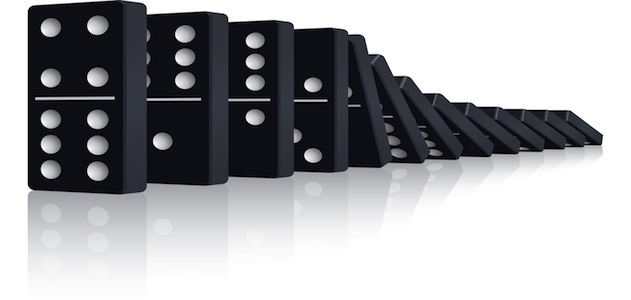With mortgage rates holding steady, but remaining much higher than their record lows, refinance volumes continued to drop in July, following the downward trend in June.
Nearly 80,000 Fannie Mae and Freddie Mac mortgages refinanced through the Home Affordable Refinance Program in July, representing 22% of total refinance volume. Total refinances for the enterprises hovered around the 360,000 mark in July, according to the Federal Housing Finance Agency.
There are two reasons for the HARP refinance volume decline: rising rates, which are reducing borrowers savings and lowering refi incentives, and the potential of HARP burnout in some large banks, explained Royal Bank of Scotland (RBS) analyst Sarah Hu.
"I would say most of the HARP eligible borrowers have already been worked through their pipelines," Hu said.
She continued, "However, there remains a great deal of uncertainly in HARP refinances. For example, there could be more changes in HARP parameters, and some small lenders may continue to target HARP borrowers as mortgage rates remain attractive (despite a big jump in the recent months) for them."
The total number of HARP refinances from the inception of the program now totals 2.8 million, FHFA pointed out.
Of the loans that refinanced through HARP in July, 17% had a loan-to-value ratio greater than 125%.
When taking a look at year-to-date figures through July, borrowers with LTV ratios above 105% represented 42% of the HARP loan volume. In the same time period, 19% of HARP refinances for underwater borrowers were 15- and 20-year mortgages, indicating a quick pace of equity growth for homebuyers.
In Nevada and Florida, markets that analysts have been keeping an eye on since the recovery began, HARP refinances represented 58% and 50% of total refinances, respectively. This is more than double the 22% of total refinances throughout the country over the same time period.
States with the highest number of HARP loans since the inception of the program through July, included Nevada (26%), Arizona, (23%) Florida (20%) and Idaho (16%).
Since the program’s inception, 2.4 million loans refinanced through HARP were for primary residences, 90,346 were for second homes and 324,007 were for investment properties.





